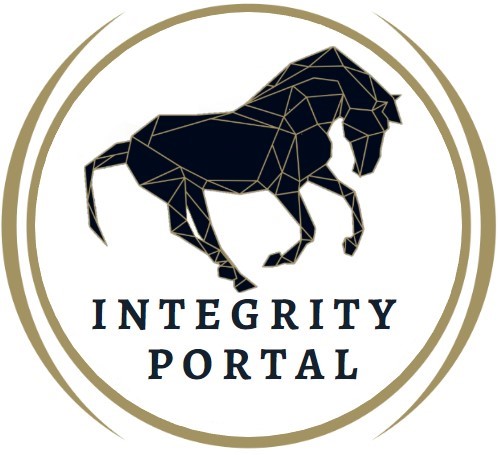The Referrals Committee, Mr Justice Tony Hunt (in the Chair), Ms Justice Leonie Reynolds and Mr Philip McLernon convened at the Offices of the IHRB, Curragh, Co. Kildare on Thursday, 10th January 2019 to consider a report from Laboratori Antidopatge De Catalunya in Barcelona, Spain, that samples of urine taken from C.L. Murphy, Rider, during in-competition testing at Cork Racecourse, Mallow, Co. Cork on 18th December 2018 were found to contain cocaine metabolites, (benzoylecgonine and ecgonine methyl ester).
Under the Rules of Racing and Irish National Hunt Steeplechase Rules, cocaine is a banned substance because it acts as a stimulant on the central nervous system with addictive and hallucinogenic properties and is prohibited in-competition pursuant to the World Anti-Doping Agency Prohibited List International Standard as adopted by the Irish Horseracing Regulatory Board. As Mr. Murphy neither accepted the results of the analysis of the “A” portion of the sample nor requested that the “B” portion be analysed within 14 days of receipt of the letter informing him of the “A” portion result, under Rule 278(vi)(c) he was deemed to have accepted the results of the “A” portion analysis.
Evidence was heard from Dr Adrian McGoldrick, IHRB Medical Officer and C.L. Murphy.
In his evidence Dr. McGoldrick outlined the effects of taking cocaine and outlined details of his conversations with Mr. Murphy following his notification of the positive test. He said that Mr. Murphy confirmed to him that he didn’t take cocaine as he was very busy doing multiple jobs. He also said that Mr. Murphy had indicated to him on a number of occasions his belief as to the cause of the positive sample. As a result, he did not feel there was any need for him to interact with the support structures.
In his evidence Mr. Murphy gave details of his work and of his career. He said he accepted that there was cocaine in his samples but denied taking the drug. He said he was happy to liaise with the support services which he said would prove he was not a cocaine user. He attributed the positive test to inadvertent exposure to the drug as a result of personal contact.
Having considered the evidence, the Referrals Committee found that C.L. Murphy was in breach of Rule 277(i).
In arriving at penalty, the Referrals Committee said that they did not find Mr. Murphy’s explanation to be plausible, in that his account was that he did not notice any change in sensation or subsequent illness due to exposure to the drug. In mitigation, they noted that Mr. Murphy had been tested previously and that these test results were negative. Having taken account of the evidence adduced at the hearing, they imposed a penalty of 5 years suspension of licence with effect from 24thJanuary 2019, but stated that he could reapply for a licence on 23rd July 2020 provided he complied with any requirement set by Dr. Jennifer Pugh, IHRB Senior Medical Officer. Thereafter they advised that if there were any further breaches of rules in relation to anti-doping until 23rd January 2024; the suspended period of 3 ½ years sanction may be reactivated in addition to any further sanctions which may be imposed in respect of the further offences. Costs of €250 were also awarded to the IHRB.
The case was presented by Cliodhna Guy, Solicitor, Head of Licensing, Legal and Compliance. C.L. Murphy was represented by Andrew Coonan, Coonan Cawley, Solicitors, Naas, Co. Kildare.
After this hearing concluded the Referrals Committee issued the following statement:
“This is the second time in the past 14 months where we had to deal with the referral of three riders on the same day who tested positive for banned substances. In 2018 there were 5 positive tests for cocaine which is the highest number in any one year since testing started. This is unacceptable for racing.
To date we have tried to impose sanctions with an encouragement to undertake rehabilitation and we will continue to do this where we feel it is appropriate. It is gratifying that this has worked in individual cases but it is clear that the deterrent effect of the penalties imposed to date is insufficient to prevent the recurrence of positive tests. Consequently, the future starting point for penalties for similar offences will be a 5 year ban. It is not necessarily the case that such a ban will always be partly suspended, but this will remain an option where the evidence is such that rehabilitation should be encouraged on the facts of the individual case. Riders can expect to serve at least a period of 18 months of such a ban before re-application will be permitted, save in very exceptional personal circumstances.
We reiterate that there is support available for any rider who needs it and they can contact the Senior IHRB Medical Officer, Dr. Jennifer Pugh in the strictest of confidence if help is needed and we would strongly encourage them to do so. We emphasise that unusual matters such as an unexplained illness after a night out should be a matter of particular concern to a licensed jockey”.

